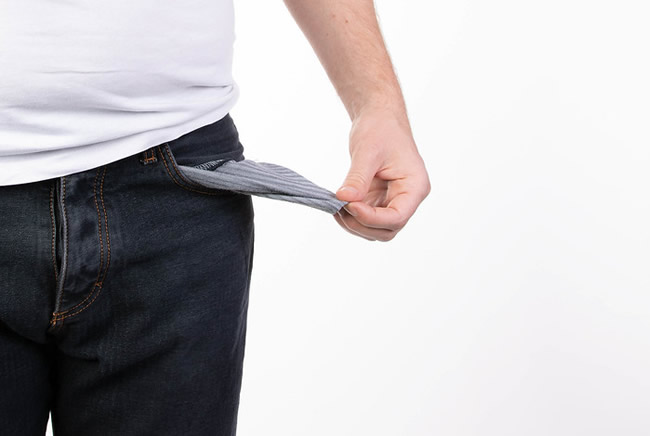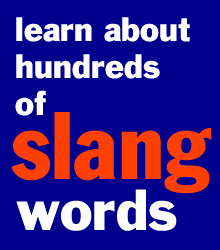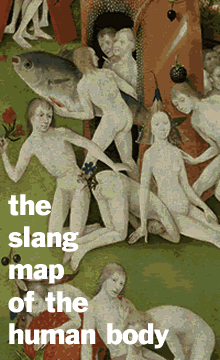in Queer Street
 photo credit: "Man in jeans with empty pocket" by Marcho Verch Professional Photographer (CC-BY-2.0)
photo credit: "Man in jeans with empty pocket" by Marcho Verch Professional Photographer (CC-BY-2.0) Definition: (noun phrase) in financial difficulties
Example: Jackson made a fortune on Wall Street, but by January he was in Queer Street, alongside the men who used to shine his shoes.
Quote:
“I have been in Queer Street many a time, but I've always found a friend round the corner, or have pulled myself through by the skin of the teeth somehow. But this time I see no lift in the cloud. My insolvency has become chronic; it is attacking the very citadel of life.”
This week’s quote comes from Speight’s book The Fate of the Hara Diamond. Though I found one source that claims it was published as a book in 1907, it appeared in the magazine The Argosy in 1891. The former seems an appropriate date for this quote; 1907 marked a huge financial crisis not unlike the one we are going through now. In the midst of a recession, investors panicked and massive withdrawals from banks caused many of them to fail. However, the nineteenth century saw a serious financial crisis about once every twenty years. Speight, born in 1830, had undoubtedly experienced a few by the time he wrote this.
These days, we tend to associate the word queer with homosexuality, but that’s a fairly recent development. The Oxford English Dictionary gives the first incidence of it meaning gay in the 1890s, but it was not commonly used that way until a few decades later. It dates back to the sixteenth century in its original meaning of strange or peculiar, and has been the basis of many slang terms since then.
Some of those are also related to money. Francis Grose’s 1785 slang dictionary, The Vulgar Tongue, includes such gems as queer bung (an empty purse) and queer cole maker (a counterfeiter); the use of queer related to counterfeit money continued well into the twentieth century.
And Queer Street, though not an everyday term, is still in use. A recent editorial in The Sun (UK) describes Russian billionaire Oleg Deripaska as “in Queer Street, with debts reportedly dwarfing his Eur20billion fortune,” and I found several other examples of it used to talk about the current gloomy economic situation. Hopefully, it will go out of use soon, but that seems unlikely.



